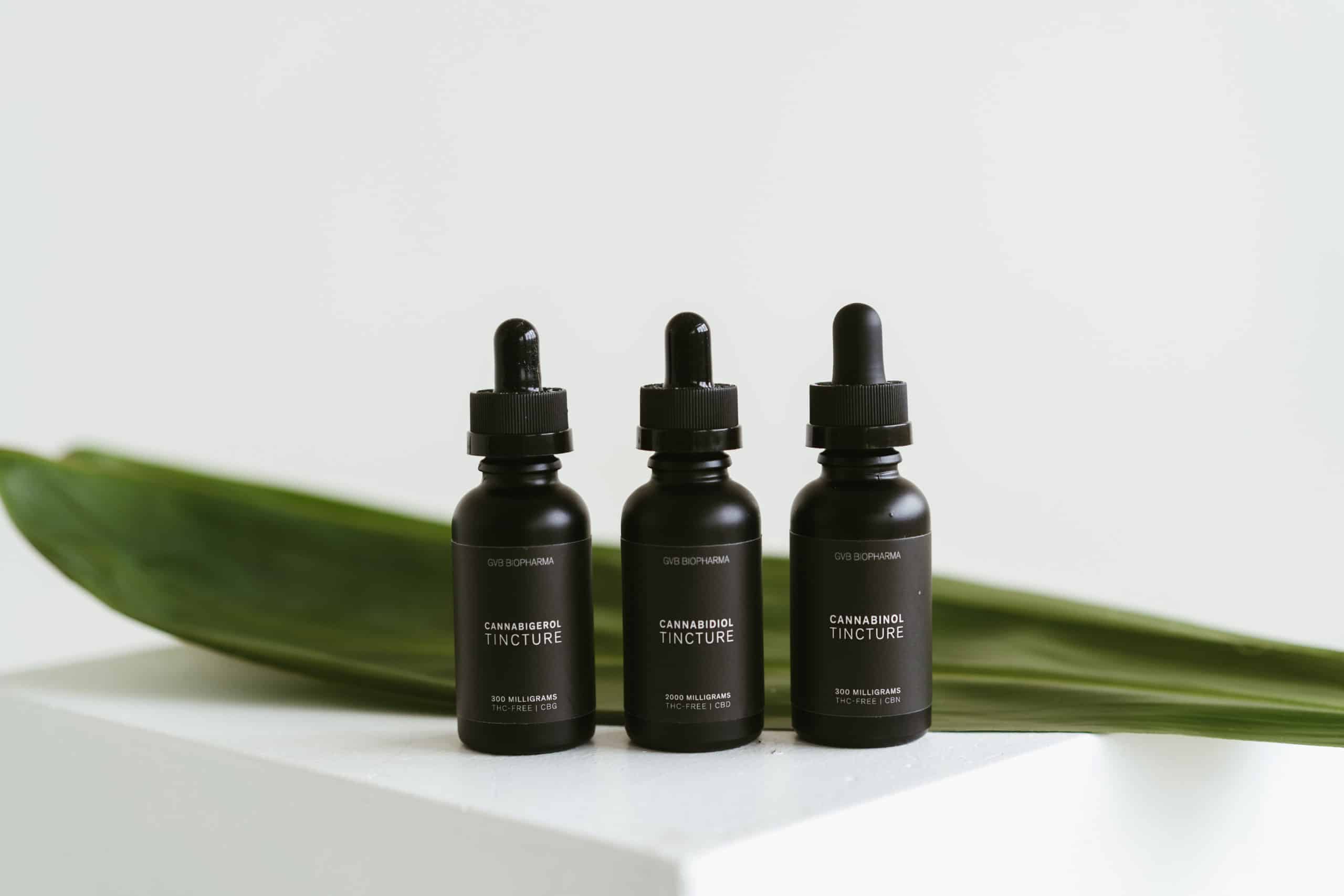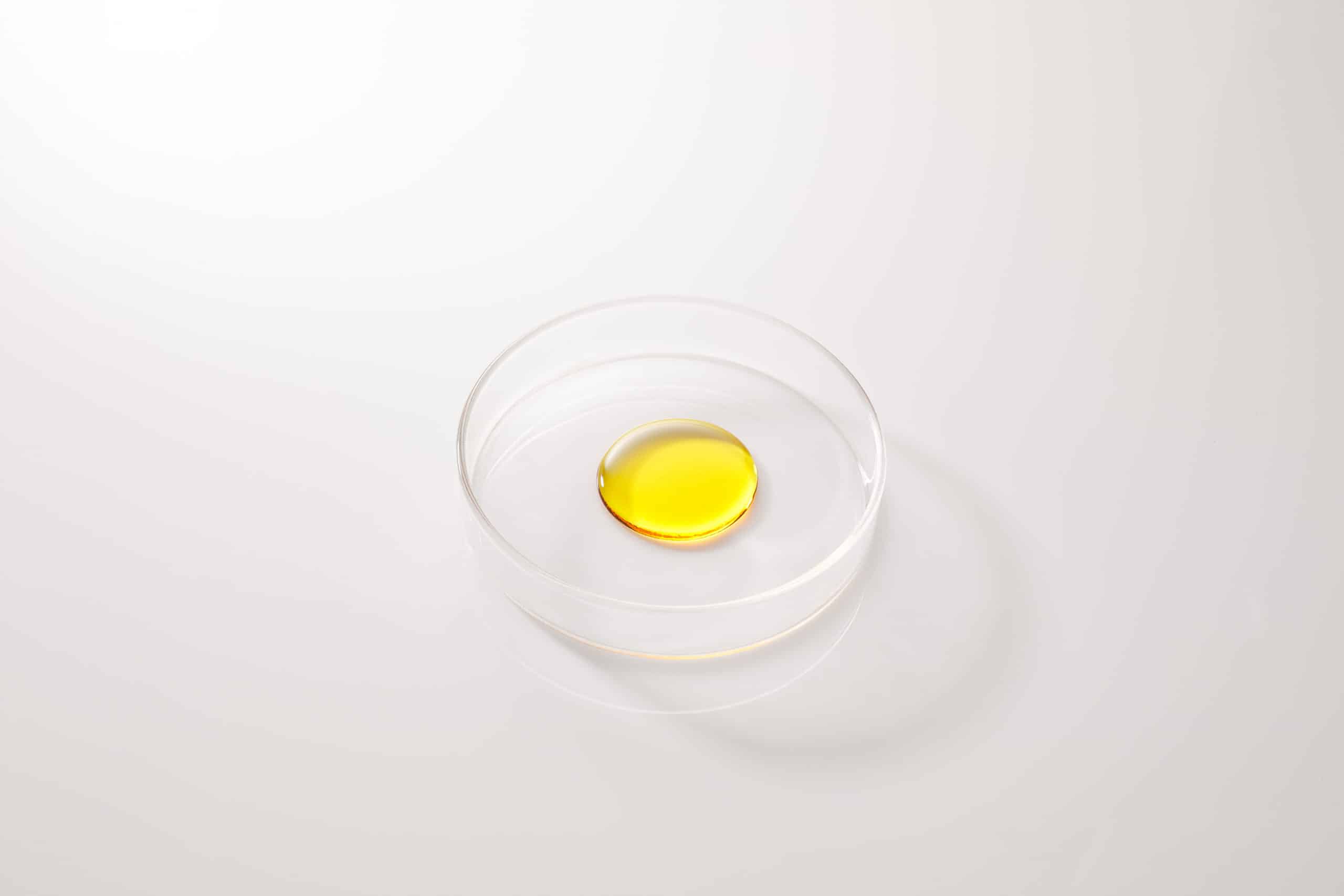With the UK’s Food Standards Agency (FSA) recently releasing a finalized list of CBD products currently in the approval process¹, the people of Great Britain are well on their way toward access to safe, government-regulated, CBD products. Brits have been enjoying CBD for quite a few years now, however, and their usage habits can tell us a lot about how to successfully market CBD and other hemp cannabinoids to British audiences.
How many citizens of Great Britain use CBD, and for what reasons? Find the answers in this guide, backed by results from a recent YouGov survey conducted in Great Britain.
What is CBD used for?
Around the world, CBD is used for relaxation, anxiety, sleep, epilepsy, and plenty of other purposes. People often rely on CBD for help with inflammation, which shows itself in a myriad of different medical conditions.

What are the benefits of CBD?
Most people who use CBD report that this cannabinoid provides them with a light feeling of relaxation that may help them manage pain and anxiety more effectively. Research into the usefulness of CBD for various conditions is ongoing, and both scientists and consumers appreciate this cannabinoid’s negligible side effect profile².
In the UK, CBD is easy to buy online or in various brick-and-mortar shops. Since it doesn’t get you high, CBD won’t interfere with daily activities, and it doesn’t appear to have any addictive potential. In short, CBD seems to help, and it doesn’t appear to hurt.
Is CBD legal in the UK?
In the UK, CBD products are generally not considered to be the illegal drug marijuana as long as they contain less than 0.2% THC³ and have gone through the UK government’s stringent hemp production or import procedures. The FSA has recently taken measures to bring a list of CBD products further into the mainstream, indicating the UK’s eventual intent to fully legitimize the production and sale of CBD products.
How many people use CBD in Great Britain?
In 2019, the British market research company YouGov conducted a survey to determine how many people use CBD in Great Britain and what they use it for. At this time, only 9% of Brits polled recalled using CBD while 6% weren’t sure if they had or had not. The overwhelming majority (85%) had not used CBD yet, but some indicated they might use it in the future.
How many Brits would consider trying CBD?
Out of the YouGov survey participants who had not yet used CBD, 28% indicated that they were open to trying the cannabinoid. 53% of Brits surveyed would try hemp either immediately or with a little bit of time. 47% of those surveyed indicated that they had no interest in trying it while 25% weren’t sure.
What types of CBD products do Brits use?
Unsurprisingly, 58% of Brits who had used CBD had tried tinctures, the most popular type of CBD product worldwide. Twenty-one percent had tried CBD vapes while 11% had used the cannabinoid topically. A further 10% had tried tablets or capsules with both CBD edibles and drinks also sitting at 10%. British men (28%) were twice as likely to have tried CBD vapes than women (14%), and CBD oils were most popular among the oldest Brits (74%) while vapes were the most popular among the youngest (51%).

Why do people in Great Britain use CBD?
Brits primarily use CBD for medicinal reasons. Out of the 1,650 respondents polled, 61% indicated that they had used CBD as an aid for some type of disease or condition while only 37% said they hadn’t used the cannabinoid for medical purposes. A further 1% didn’t know exactly why they had used CBD. Somewhat surprisingly, use of CBD for medical reasons was lowest among the oldest respondents (54%) and highest among the youngest (68%).
For which medical reasons do Brits use CBD?
It’s established that more residents of Great Britain use CBD for medical reasons than those who don’t, but what specific medicinal purposes do they use CBD for? This is the most important question as we unravel why Brits use CBD — let’s explore each major medical application for which British citizens have started relying on hemp:
1. Do British people use CBD for pain?
Yes, residents of Great Britain primarily use CBD for pain when they’re using this cannabinoid for medical purposes. Using CBD for pain is slightly more common among British women (75%) than it is for British men (68%), but at 71% overall, far more people in Britain use CBD for pain than use this cannabinoid for anything else.
2. Do British people use CBD for anxiety and depression?
The next most popular medical purposes for CBD in Britain are anxiety and depression. Thirty-eight percent of Brits who turned to CBD for medical purposes sought help for these conditions with use of CBD for depression much more common among younger (50%) than older (15%) British citizens.
3. Do British people use CBD for sleep?
Using CBD for sleep is a practice shared by Brits of all ages (24%), but it’s most common in citizens of Great Britain between 25 and 49 years of age (30%). Both among younger (18-24) and older (50-64) adults, using CBD for sleep stands steady at 19%.
4. Do British people use CBD for arthritis?
It seems using CBD for arthritis hasn’t quite caught on yet in the UK — only 10% of Brits who use CBD rely on it for this painful inflammatory condition. The oldest British people (65+: 8%) remain unaware of the potential benefits of CBD for arthritis as the youngest (18-24 & 25-49: 7%). However, adults (50-64) are both most at risk of arthritis and most informed about hemp use it considerably more for this condition, 22% say they use CBD for arthritis.
5. Do British people use CBD for other reasons?
None of the Brits surveyed reported using CBD for chemotherapy-related purposes. Eight percent, though, did indicate that they had used CBD for a purpose other than those listed above. Using CBD for unconventional purposes was most common among the oldest respondents (17%), and it was least common among the youngest (6%).
How to market CBD to a British audience
Just learning why British people use CBD isn’t enough to know how to effectively market CBD products in Great Britain. While this country is historically pro-hemp, there are certain prevailing factors that make it distinct from the North American hemp markets. Let’s explore:
Understand market conditions
The UK allows CBD to be sold, but it doesn’t do so lightly. If you’re based in the UK, you have to grow and process your hemp exactly how the UK government dictates. If you want to import CBD from another country, it has to go through an extensive customs process. That’s why it’s usually better to work with an established producer that has already opened up access to the UK market.
Assess regional interest
It should come as no surprise that Brits living in London are more likely than average to have tried CBD (10%) or be willing to try it (30%). Citizens in more rural areas aren’t as willing to give hemp a shot yet, but don’t count Scotsmen out of the running. While only 7% of Scottish respondents had used CBD in 2019, 30% were willing to try it — the same as Londoners. Focus your efforts on Brits and Scots living in major cities.
Leverage consumer sentiment
People in Great Britain like CBD, but they still aren’t quite sure about it. While we speak the same language, people in the UK have different traditions and sentiments than their American counterparts. City denizens are more than happy to try new things, but the same can’t be said for residents of the English countryside. Using CBD for pain is very popular in the UK, though, creating a potential opening for reaching older audiences.
Prepare for the future
Traditionally, the UK has looked to the US when determining its hemp and cannabis policy. With recent efforts by the FSA to expand its catalog of approved CBD products and tamp down on the nation’s gray market, however, it’s becoming clear that Britain is no longer waiting for America to clarify matters regarding CBD.
Expect the British government to continue mainstreaming CBD over the next few years. Brands will still need to operate within the UK’s strict regulatory framework, but with CBD becoming an accepted substance in Great Britain, expect hemp sales to soar.
Why Brits use CBD: The bottom line
In some ways, the current British CBD market looks a lot like the American CBD market of five years ago. There are two key similarities — consumers in both markets are largely ignorant regarding the full benefits of CBD, and they almost always use CBD for pain.
In Great Britain, CBD hasn’t yet caught on as the general relaxation aid it has become in the United States. With record numbers of Brits showing openness toward CBD, however, the time has come to expand awareness of the width and depth of this non-intoxicating cannabinoid’s potential.
The UK is unlikely to make any major moves regarding overall cannabis regulation before the US, but the recent massive expansion of the FSA’s list of CBD products under approval indicates that the British government might be getting tired of waiting. Start offering your CBD products in the UK now to secure your spot within the fastest-growing hemp market on the Eastern side of the Atlantic.
*Please note that CBD is currently not an FDA-approved over-the-counter treatment for any medical conditions.*
Great Britain CBD FAQs
1. What are the rules for CBD in the UK?
For consumers, CBD rules in the UK are very similar to laws in other countries where CBD is legal. Producers, however, must abide by the UK’s strict import laws, and they must also ensure that their products contain less than 0.2% THC — not 0.3%. Follow these simple rules, though, and selling CBD in the UK shouldn’t pose many inherent challenges.
2. Is CBD a controlled substance in the UK?
No, CBD itself is not a controlled substance in the UK, but CBD may be considered a controlled substance when it is present in cannabis flower or other products containing more than 0.2% THC. Like the USA, the UK maintains the position that THC is an illegal drug. Contact the UK Home Office with any further inquiries.
3. Is smoking CBD illegal in the UK?
The legal status of smoking CBD flower is not clear in the UK, making it important to exercise an overabundance of caution. We would directly recommend that no one smoke CBD flower in the UK until the government has issued further clarification.
4. How many people take CBD in the UK?
According to the UK-based Centre for Medicinal Cannabis, over 6 million residents of the United Kingdom have now used CBD, marking an unprecedented level of popularity. CBD is only expected to get more popular in the UK and elsewhere around the world over the coming decades, making now the ideal time to start spreading access to CBD throughout the United Kingdom’s diverse population.
Sources
- 1. CBD products linked to novel food applications. (2022). FSA. https://data.food.gov.uk/cbd-products/products-list
- 2. Iffland, K., & Grotenhermen, F. (2017). An Update on Safety and Side Effects of Cannabidiol: A Review of Clinical Data and Relevant Animal Studies. Cannabis and Cannabinoid Research, 2(1), 139–154. https://doi.org/10.1089/can.2016.0034
- 3. Consumer cannabidiol (CBD) products report (accessible version). (2021, December 17). GOV.UK. https://www.gov.uk/government/publications/acmd-advice-on-consumer-cannabidiol-cbd-products/consumer-cannabidiol-cbd-products-report-accessible-version
- 4. Office of the Commissioner. (2020, July 31). FDA Approves New Indication for Drug Containing an Active Ingredient Derived from Cannabis to Treat Seizures in Rare Genetic Disease. U.S. Food and Drug Administration. https://www.fda.gov/news-events/press-announcements/fda-approves-new-indication-drug-containing-active-ingredient-derived-cannabis-treat-seizures-rare







